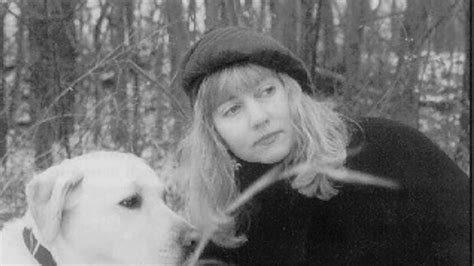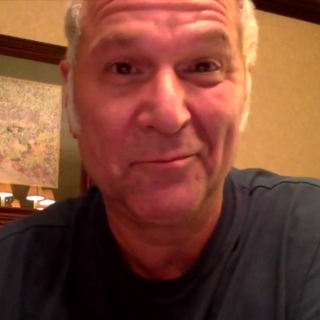A Quote by Kate Grenville
Words are a pretty blunt instrument. There's always going to be slippage between the words and the infinite complexities of a thought. As a writer, I find that frustrating, but as a social animal, I wouldn't have it any other way.
Related Quotes
They say that to be a writer you must first have an unhappy childhood. I don't know if unhappiness is necessary, but I think maybe some children who have suffered a loss too great for words grow up into writers who are always trying to find those words, trying to find a meaning for the way they have lived
A writer is a person who cares what words mean, what they say, how they say it. Writers know words are their way towards truth and freedom, and so they use them with care, with thought, with fear, with delight. By using words well they strengthen their souls. Story-tellers and poets spend their lives learning that skill and art of using words well. And their words make the souls of their readers stronger, brighter, deeper.
As a poet and writer, I deeply love and I deeply hate words. I love the infinite evidence and change and requirements and possibilities of language; every human use of words that is joyful, or honest or new, because experience is new... But as a Black poet and writer, I hate words that cancel my name and my history and the freedom of my future: I hate the words that condemn and refuse the language of my people in America.
If you're locked to the words on the script, as good as those scripted words are, if you didn't have the time to rehearse them correctly or if the perceived dynamic between the actors is different from what the writer imagined, and you're not allowed to stray from that, you're going to have a stilted scene.
What is the good of words if they aren't important enough to quarrel over? Why do we choose one word more than another if there isn't any difference between them? If you called a woman a chimpanzee instead of an angel, wouldn't there be a quarrel about a word? If you're not going to argue about words, what are you going to argue about? Are you going to convey your meaning to me by moving your ears? The Church and the heresies always used to fight about words, because they are the only thing worth fighting about.
The trick is to keep exploring and not bail out, even when we find out that something is not what we thought. That's what we're going to discover again and again and again. Nothing is what we thought. I can say that with great confidence. Emptiness is not what we thought. Neither is mindfulness or fear. Compassion––not what we thought. Love. Buddha nature. Courage. These are code words for things we don't know in our minds, but any of us could experience them. These are words that point to what life really is when we let things fall apart and let ourselves be nailed to the present moment.
All people in the world - who are not hermits or mutes - speak words. They speak different languages, but they speak words. They say, "How are you" or "I'm not feeling well" all over the world. These common words - these common elements that we have between us - the writer has to take some verbs and nouns and pronouns and adjectives and adverbs and arrange them in a way that sound fresh.
It is probably impossible to think without words, but if we permit ourselves to think with the wrong words, we shall soon be entertaining erroneous thoughts; for words, which are given us for the expression of thought, have a habit of going beyond their proper bounds and determining the content of thought.
Obviously people's feelings are going to get hurt when you use certain words, but you can't outlaw words. They're really the history of our culture. They tell you what's going on. When you make words politically incorrect you're taking all the poetry out of the language. I'm pro anybody living their lives the way they want to live, sexually and otherwise; and I'm anti any kind of language repression.
Other people’s words are so important. And then without warning they stop being important, along with all those words of yours that their words prompted you to write. Much of the excitement of a new novel lies in the repudiation of the one written before. Other people’s words are the bridge you use to cross from where you were to wherever you’re going.
I often recall these words when I am writing, and I think to myself, “It’s true. There aren’t any new words. Our job is to give new meanings and special overtones to absolutely ordinary words.” I find the thought reassuring. It means that vast, unknown stretches still lie before us, fertile territories just waiting for us to cultivate them.
Some professional writers write everyday no matter what and perhaps that's the way it should be done, but it's not the way I do it. If I'm not pregnant with words and I'm not in labor with them, I don't even try to bring them forth because they won't be any good anyway. Once I'm ready to deliver, it's like being pregnant. I've got to find a typewriter or a piece of paper. The only words that have ever had any possible value to others seem to have been those words that just had to come out.


































